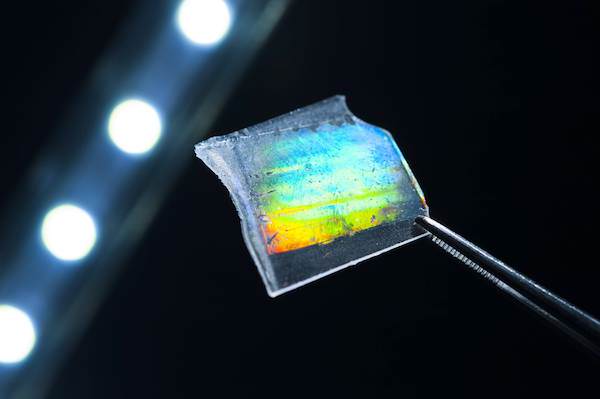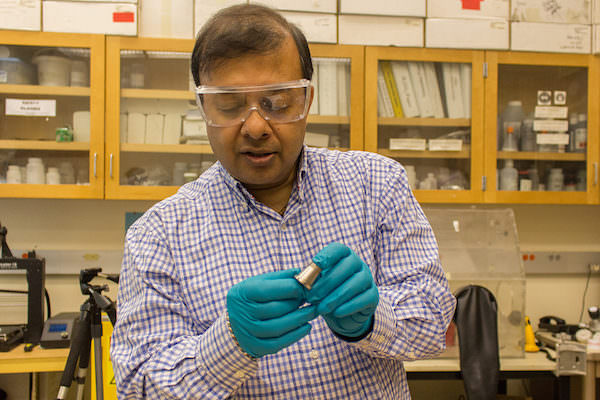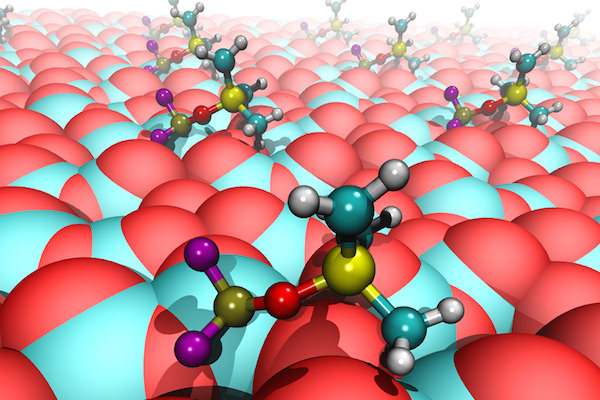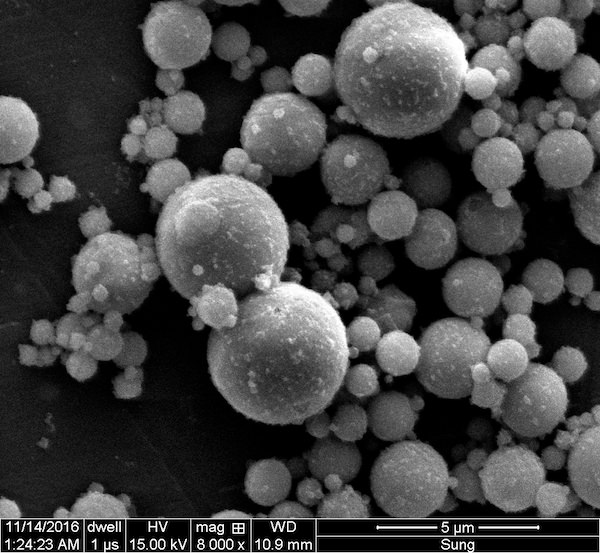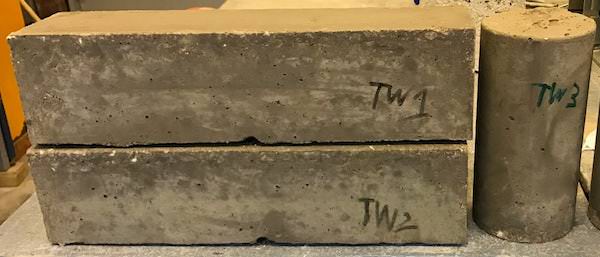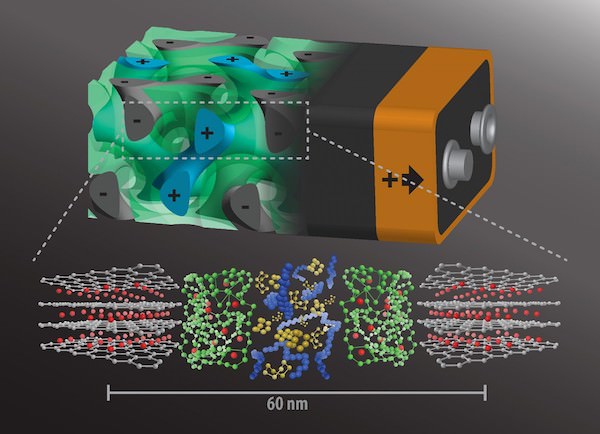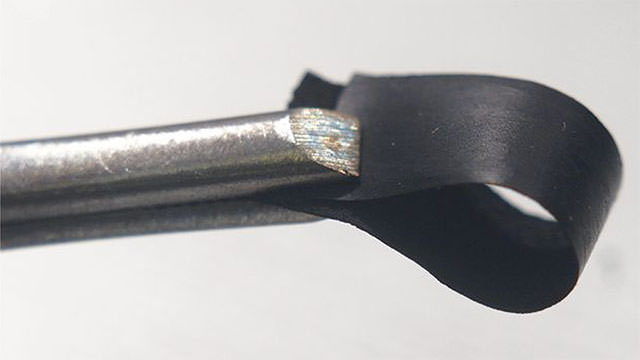Hundreds of scientists, researchers, technologists, and students from around the world came together at Corning’s 2018 Glass Summit to collaborate and discuss opportunities and challenges in glass science and research.
Read MoreResearchers have demonstrated a new toughening mechanism for nanoceramics by studying weak interfaces in nanocrystalline ceramics. Their method could improve impact resistance without compromising functional properties.
Read MoreResearchers have developed a glass composite that could be used in fabricating intricate objects. “Glassomer,” a material made of a polymer and quartz, could be useful in a wide variety of industrial applications.
Read More3-D printing typically involves only one material. Researchers have now developed a way to print multiple materials in one process. This method could eventually replace welding and other materials joining technologies.
Read MoreResearchers discovered that a chemical reaction that takes place when a performance-enhancing additive is mixed into a lithium battery’s electrolyte can suppress its decomposition—similar to the pickling process. This discovery could lead to higher-performing batteries.
Read MoreScientists have developed an environmentally-friendly material that could eventually replace conventional Portland cement in concrete. The new composite, consisting mostly of fly ash, was found to be as structurally strong as Portland cement.
Read MoreResearchers have demonstrated that flash sintered yttria-stabilized zirconia (YSZ) acquires metal-like plasticity at room temperature. This discovery could prove to be useful in using YSZ as a thermal barrier coating for aircraft engine blades.
Read MoreScientists from the University of Exeter have developed a process for producing an environmentally-friendly concrete that incorporates graphene at the nanoscale. The new concrete material is stronger and more water resistant than existing concretes.
Read MoreResearchers have developed a groundbreaking proof-of-concept battery that interweaves the anode, cathode, and separator in a self-assembling structure. Their work could change the way future batteries are designed for more efficient charging.
Read MoreResearchers have discovered a way to process carbon nanotubes using an inexpensive mass-produced solvent to disperse them without using additional chemical reactions. Their breakthrough could pave the way for future carbon nanotube research.
Read More


